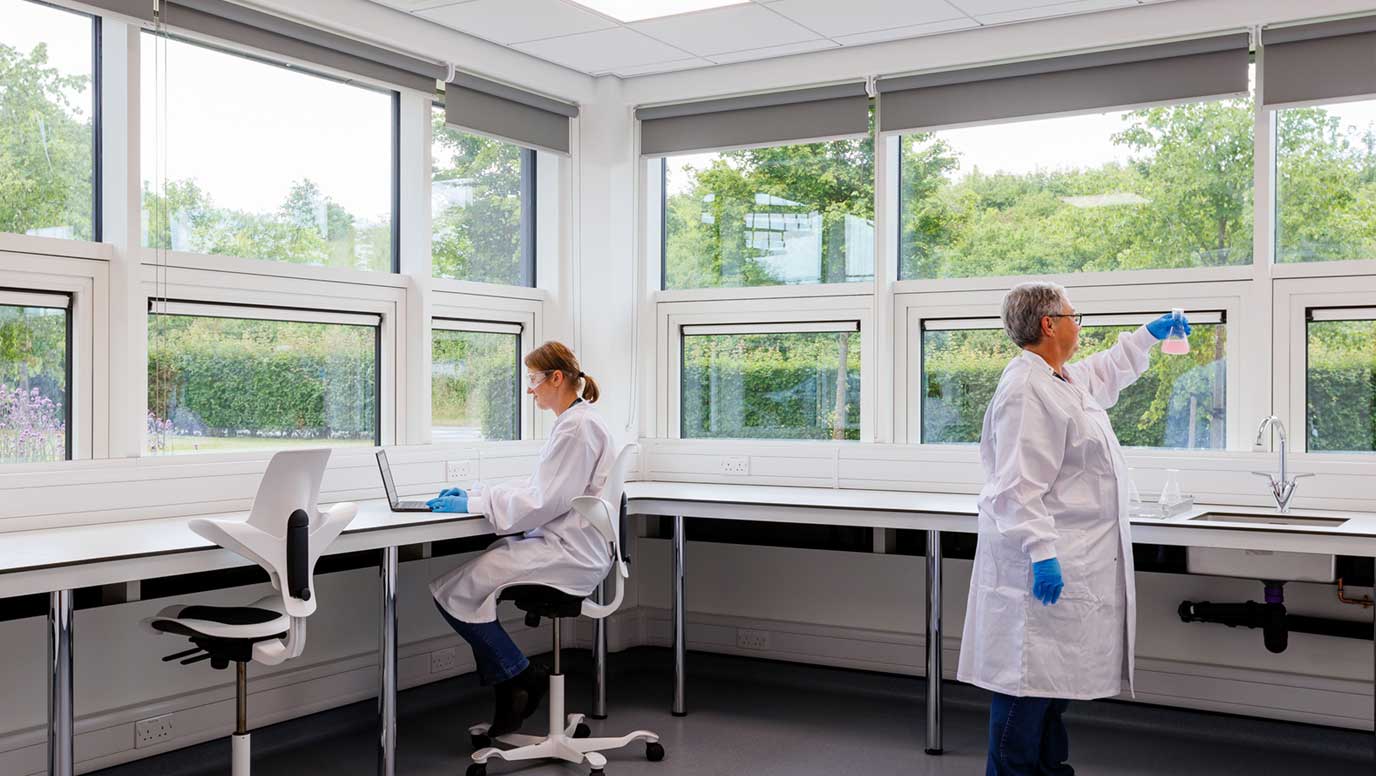What helps biotech startups succeed?

The biotech sector is pivotal in innovation and scientific advancement and is going from strength-to-strength. But often for start-ups in this space, success comes down to more than just breakthrough science. It’s also about location, collaboration, and the resources to scale innovation effectively.
With market size projections for UK biotechnology reaching an expected £227.7 billion by 2030, start-ups and spinouts are expected to launch and scale, with both commercial business objectives as well as their own scientific ones.
Historically, innovation has clustered around cities like Cambridge, which serve as global hubs for biotech, life sciences, and technology. These cities foster unique ecosystems, built on world-class universities, research institutes, and networks of investors – making them magnets for talent, funding, and groundbreaking discoveries.
Yet this rapid success comes with challenges: managing resources, competition for lab space, and the pressure to grow quickly. Additionally, for new business owners connecting with business support experts, one-to-one is almost a necessity.
This is where regional hubs are emerging as vital players in the innovation landscape. They offer start-ups the ‘best of both worlds’ – proximity to the resources of global centres like Cambridge while providing business support, affordable lab space, plus room to grow.
Take The EpiCentre at Haverhill, for example. Positioned within the Cambridge Business Technology Cluster, it demonstrates the growing value of regional ecosystems.
By providing access to free and bespoke business support, shared lab spaces, connections to funding and opening up opportunities for collaboration, hubs like these give biotech start-ups the breathing room they need to innovate and scale without compromise.
The lesson here is clear: biotech innovation isn’t confined to the city limits of a global hub. The future of biotech depends on the strength of entire ecosystems – where regional hubs bridge the gap between breakthrough science and commercial success.
Start-ups such as BravelyCultured, a team pioneering new discoveries in microbiology, illustrate the power of this model. Operating from a regional hub, they’ve advanced their research, secured crucial funding, and engaged with angel investors – all while staying connected to Cambridge’s resources and networks.
Finding the right space to support their growth was crucial. And, as a small team, they needed more than just lab benches – they needed flexibility, affordable access to high-spec laboratory facilities, and connections to funding and collaboration opportunities, all of which they were able to access at The EpiCentre.
Here, founder James Dunce has been able to expand his work, securing an Innovate UK grant and engaging with angel investors, all while remaining connected to Cambridge’s globally renowned ecosystem of academic expertise and venture capital networks.
The location provides a unique advantage: access to Cambridge’s resources without the steep costs and competition for space associated with being within the city.
Innovation doesn’t happen in isolation, and ecosystems like the one spanning West Suffolk and Cambridgeshire show how regional hubs are vital to supporting the biotech start-ups driving real change.
Spaces like The Epicentre aren’t just workplaces – they’re environments where science and business can grow together.
If you’re a start-up or spin-out looking to launch or scale your business, perhaps now is the time to think about what else there is out there, because sometimes, the most innovative breakthroughs happen where you least expect them.


